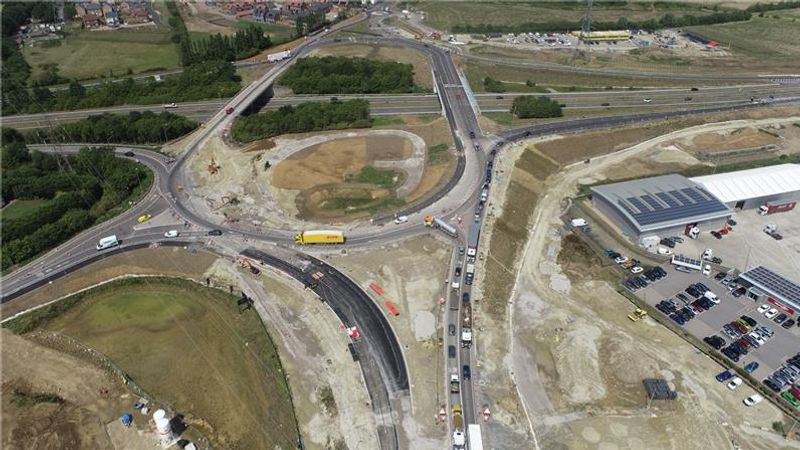Speaking after the EU announced the decision this evening, Roger Gough said:
“I am extremely pleased that, after a long wait, we have now heard that the EU will not be introducing Entry Exit System (EES) checks on 10 November, because several member states, including France, Germany and the Netherlands, have indicated that they are not adequately prepared. We await further clarity from the Commission as to when the checks will be brought in.
“To have introduced these checks on 10 November, in particular without adequate technology in place to process passengers through our border, would undoubtedly have resulted in periods of very significant disruption at the Port of Dover and therefore on Kent’s road network.
“I hope now that the EU will focus on finding and putting in place reliable technological solutions, including the rapid development of an app to enable passengers to register biometrics before reaching the border, ahead of the next proposed date of implementation, potentially in 2025.

“We were not relying on a delay and there will be no let-up in our planning as we head into 2025.”
“For a long time we, along with our partners in the Kent and Medway Resilience Forum (KMRF), have been collectively working on mitigating the impact of EES checks, to avoid disruption and serious delays for international trade, those travelling through Kent, local communities, residents, businesses, tourism, and the delivery of vital public sector services along the route to Dover. We were not relying on a delay and there will be no let-up in this planning as we head into 2025.
“The continual and disproportionate impact on local communities and ultimately people’s lives across Kent, as a result of what are essentially national and international border issues, is unsustainable and requires Government support and recognition to be relieved. Until new ways are found to manage traffic bound for the continent, even without EU EES checks in force it is inevitable that periods of severe disruption will continue to occur in Kent.”




